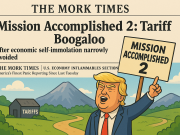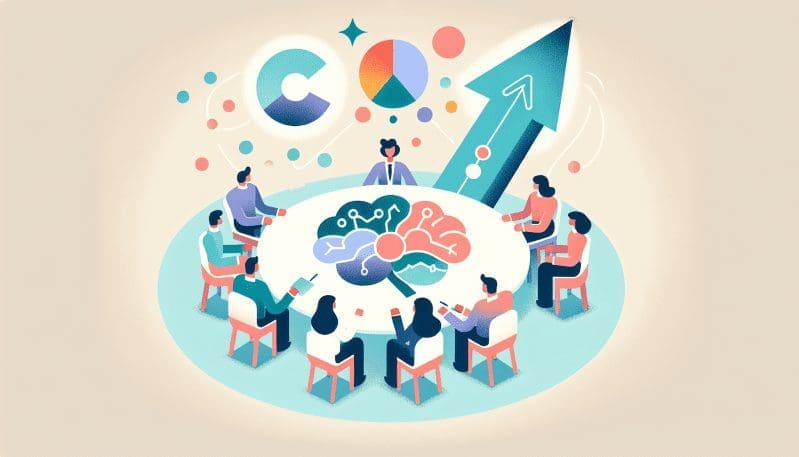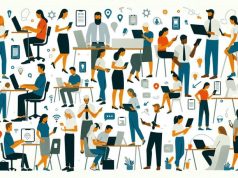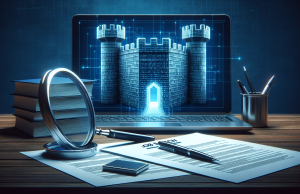In an era where the workforce is becoming more diverse by the day, fostering an inclusive environment is no longer just a moral imperative but a strategic one. Diversity, equity, and inclusion (DEI) are not just buzzwords to be sprinkled throughout company literature; they are foundational principles that, when genuinely embraced, can drive a company to new heights of innovation, employee satisfaction, and financial success. However, such an environment does not arise by chance. It requires a deliberate cultivation of a growth mindset at all levels of an organization.
At its core, a growth mindset—the belief that talents and abilities can be developed through dedication and hard work—is the fertile soil in which a truly inclusive workplace can flourish. This perspective enables all individuals, irrespective of their background, to envision their growth within the company and contribute to their fullest potential. However, in practice, embedding a growth mindset in the workplace involves dismantling systemic barriers that have historically hindered the progress of underrepresented groups.
Leaders must acknowledge and address unconscious biases that often permeate leadership development programs. Unconscious biases can lead to a homogenous leadership that lacks diversity in thought and experience. To counter this, organizations must adopt a growth mindset by actively seeking and nurturing talent from a broad spectrum of demographics, fostering mentorship programs that cater to varying needs, and ensuring that leadership development is accessible to all.
Retention of talent among underrepresented groups can be significantly impacted by an organization’s culture. Employees who see a clear path for growth and feel their contributions are valued are more likely to remain with a company. By adopting practices that encourage lifelong learning and skill development, a company can show its commitment to each employee’s career growth and, in turn, enjoy the loyalty and enhanced productivity that come with a satisfied workforce.
Transforming an organizational culture to be truly inclusive necessitates embedding learning opportunities at every turn. This could mean revising recruitment processes, reevaluating promotion criteria, or creating new forums for employee voices to be heard. It means building institutional support for continuous development, where learning is not seen as a one-time event but an ongoing journey.
Several companies serve as beacons of successful integration of growth mindset with DEI initiatives. These organizations are often led by thought leaders who advocate for systemic change, and they serve as case studies for the power of inclusivity in driving business success. They demonstrate that when an inclusive environment is paired with a growth mindset, employees are more engaged, more innovative, and more likely to go above and beyond for their teams.
The challenges in implementing such cultural transformation, however, are not insignificant. They require a dismantling of legacy systems and practices, a commitment to ongoing critical assessment, and a willingness to adapt. Success in this endeavor is marked not by a destination reached but by the continual journey towards a more inclusive and equitable workplace.
By fostering a growth mindset, companies can create a culture where every employee, regardless of their identity, feels empowered to learn and grow. In doing so, they not only enhance their own competitive edge but also contribute to a more equitable society. The task ahead is not easy, but the rewards—for individuals, for companies, and for society—are immense.




























